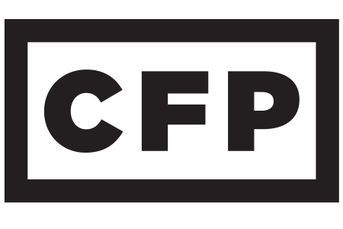Advisers can — and must — help improve financial literacy in America

The lack of education is a problem, and there's a lot you can do to fix that.
The United States is one of the richest countries in the world, yet many of its citizens are woefully ignorant about the nuts and bolts of such financial vehicles as loans and retirement savings plans. In fact, a Standard & Poor’s survey ranked the U.S. No. 14 globally in terms of its citizens’ financial literacy and rated just 57% of U.S. adults financially literate.
As InvestmentNews reporter Greg Iacurci’s cover story last week pointed out, Americans’ lack of knowledge about these topics can damage their personal financial well-being, and financial illiteracy also places a burden on the economy as a whole.
The problem starts with the U.S. educational system. Just a third of states require students to take personal finance in high school, and in many cases the subject is just a component of another course, such as social studies or math.
Given a study showing that 15-year-old students with bank accounts score higher on financial knowledge than students without accounts, the hurdles that lower-income people face in accessing such financial vehicles as savings or checking accounts also seems to militate against financial literacy.
Still, it’s not just lower-income people who come up short when they’re quizzed on topics like compound interest and risk diversification. Seventy-eight percent of financial advisers surveyed by InvestmentNews agree that financial literacy is a problem, and 49.2% agree strongly that they have encountered financial literacy issues among their clients — individuals who are likely to have a decent amount of wealth.
Significant decisions
It’s not as though people have a lifetime to pursue an expertise in financial topics, either. By the time they’re in their late teens, students face significant financial decisions when it comes to choosing whether to pursue a college degree and if so, at what college and how to finance that. The mountain of debt that many students take on in the course of acquiring a degree can burden them for decades to come. That student loan debt also is seen as a factor limiting young adults’ ability to purchase a home.
But perhaps the biggest area of concern relates to retirement savings. Over the last few decades, U.S. companies have moved away from pension plans, whose investments are selected by the employer, to instead offer defined-contribution plans like 401(k)s in which workers make the decisions for themselves. Questions before the average person range from how much to contribute and what to invest in to how to draw down those savings in retirement. Employees’ choices could have a big influence on their financial security in retirement.
Ways to contribute
There’s a lot advisers can do to improve financial literacy, and you are a prime group to do it. Mr. Iacurci’s cover story explored efforts such as working to get more states to mandate the teaching of personal finance, volunteering with schools and other groups to provide such education to students, or helping companies figure out how to make their 401(k) plans and other benefits more fail-safe for their employees.
In fact, the InvestmentNews survey featured in the cover story showed that a big chunk — 41.3% — of advisers are already involved in efforts to improve financial literacy. Last week’s story included profiles of advisers working with schools and other groups to raise the level of financial literacy among young people, as well as suggestions from an advisory board about which groups are the most effective to volunteer with.
(More: Fighting financial illiteracy with personal economics lessons) – Video
Advisers’ involvement makes sense. Of all the opportunities for volunteering and activism out there, the promotion of financial literacy is perhaps most squarely in your wheelhouse. It’s never too late to get started.
Learn more about reprints and licensing for this article.








